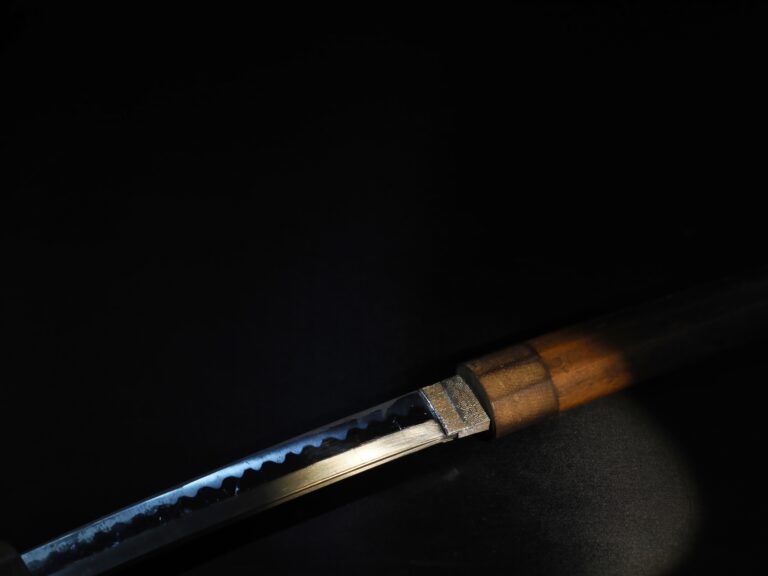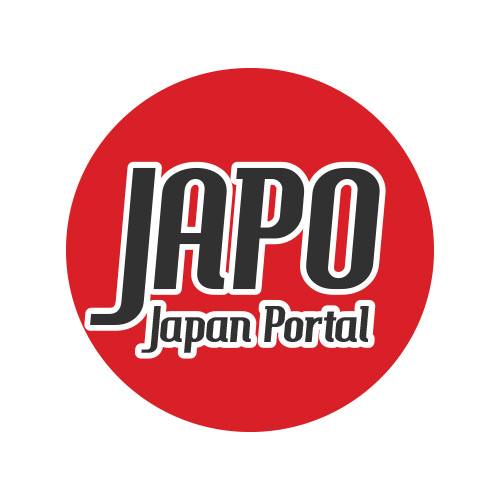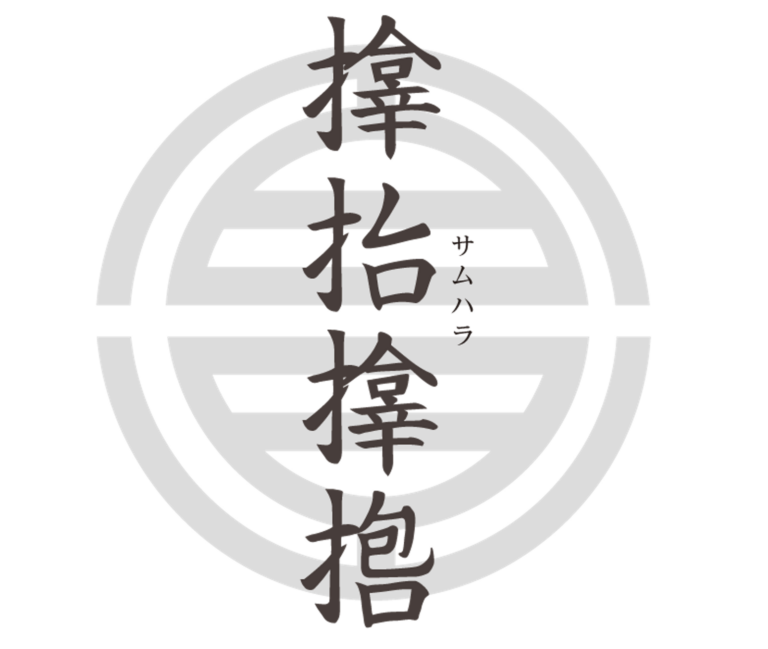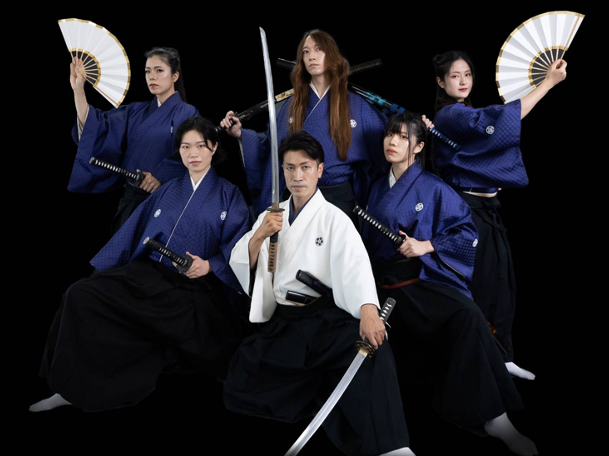Why did Japan stop using the lunar calendar? Actually, it was for monetary reasons!

The lunar calendar is still used in China and Vietnam. Japan originally only used the lunar calendar, so the culture of it should remain, but actually, very little of it does.
So, why did Japan get rid of the lunar calendar? Surprisingly, the reason is related to money problems.
The concept of De-Asia and De-Europe
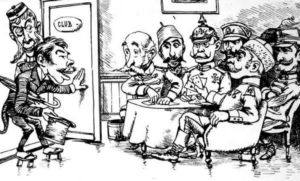
De-Asianisation means to leave Asia and join up with Western nations. The idea was spread widely during the Meiji era, when the time of the samurai had come to an end and modernization was progressing, because the Western nations used the so-called new solar calendar.
Don’t you think this was a bit forced? Japan was doing well at the time, so this was the way of thinking passed down as a matter of course.
But it was really about the money, wasn’t it?
Japan used the lunar calendar until the 5th year of the Meiji Period (1872), and switched to the new calendar system the following year. Switching to the new calendar system within a month or so of its delivery was too hasty.
Changing all the calendars and documents to the new system would have been quite a large undertaking, and ordinally it would take several years to switch over, so why did they do it within such a short time?
The new calendar has a 365-day year, with an additional day added every four years as a leap year. The lunar calendar has a large degree of misalignment, with an additional 13th month added every two to three years as an adjustment. 1873 is the year with its 13th month.
This means that you have to pay 13 months’ salary, but by changing to the new calendar, you can avoid paying out for that month. That amount is quite enormous when you consider the salaries of all civil servants.
Furthermore, because of the timing of the switchover, there was a payday gap, so they actually avoided paying 1.5 months’ salary. They were smart, or perhaps cunning…
Japan switched to a new calendar in this way, but considering Japan’s climate and crop cycles, the lunar calendar, which is based on lunar phases, is probably more suited to the original calendar.
The new calendar has become the global standard, so I don’t think it is possible to switch completely back to the old one, but I think we could take a little more care of the old calendar.
ABE KENGO


